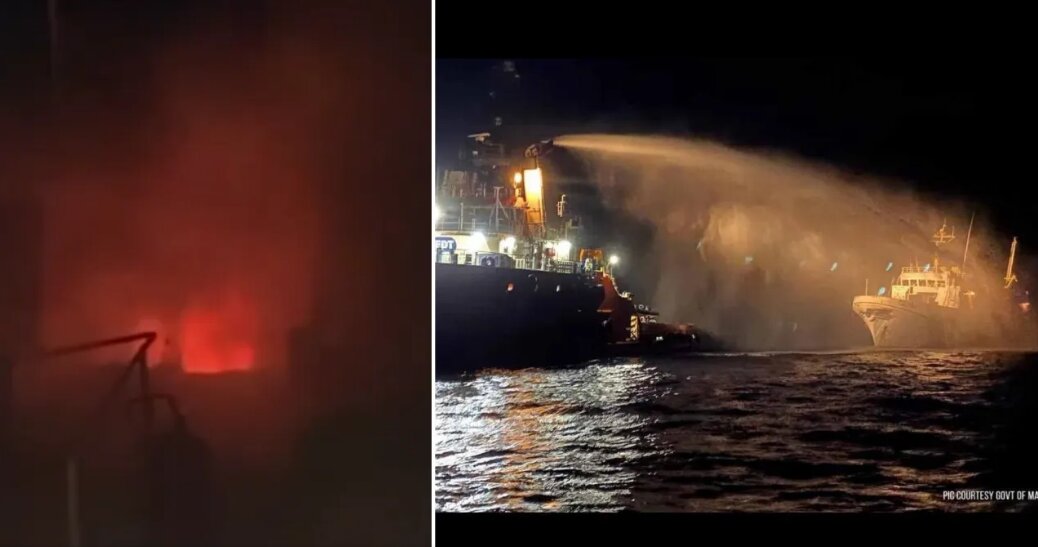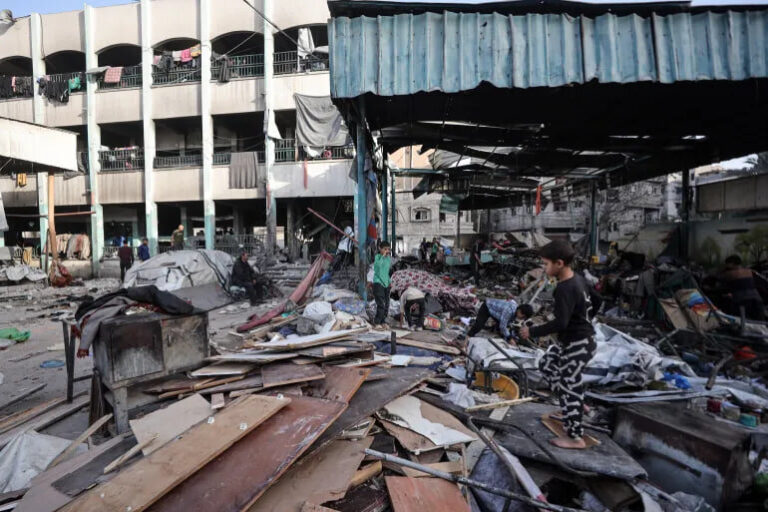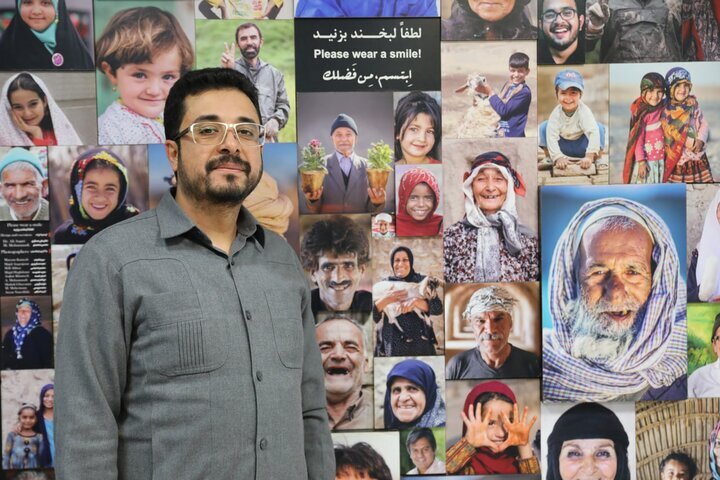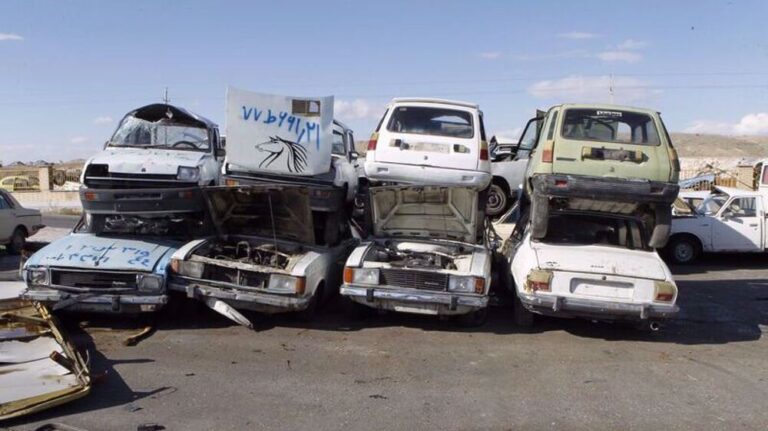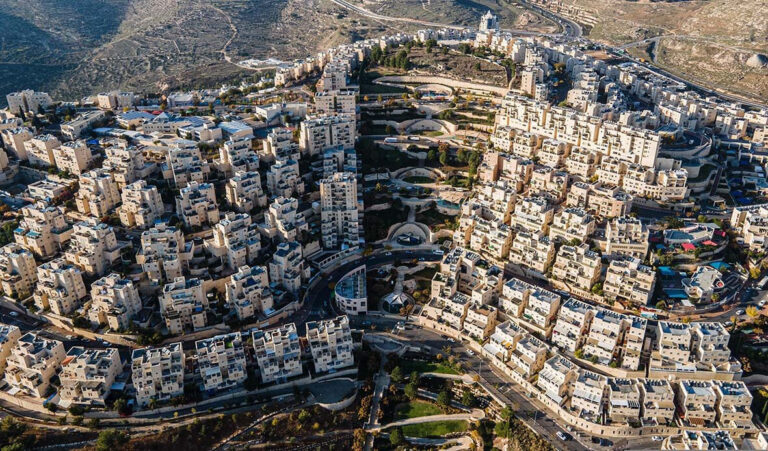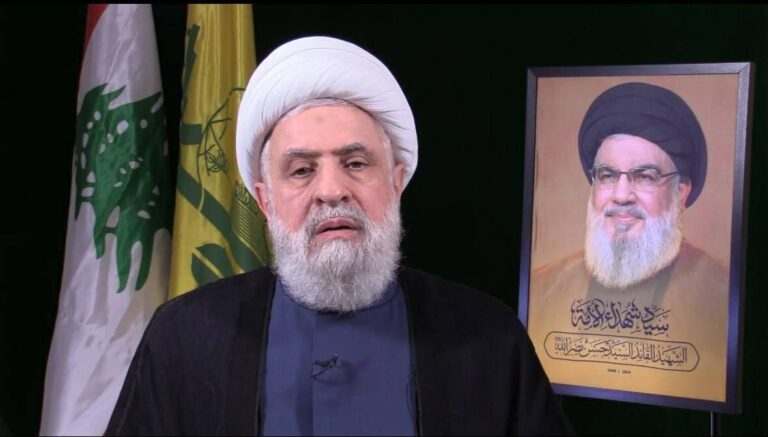Israel’s Troubling Legacy: Another Chapter of Controversy Unfolds
On May 2, 2025, a humanitarian crisis escalated dramatically when the vessel Conscience, part of the Freedom Flotilla Coalition (FFC), was attacked by armed drones in international waters near Malta. This incident not only endangered the lives of the 30 human rights advocates onboard but also highlighted the ongoing tensions surrounding the blockade of Gaza. The FFC has attributed this act of aggression to Israel, marking a significant violation of international law and raising serious concerns about the humanitarian situation in Gaza.
The Israeli blockade of Gaza, in place since 2007 and intensified since March 2, 2025, is crucial for understanding the context of the attack on the Conscience. The blockade has resulted in a severe humanitarian crisis characterized by:
- Severe shortages of essential supplies, including food, medicine, and fuel.
- Widespread unemployment and poverty leading to rampant food insecurity.
- Warnings from the UN and other organizations about the imminent collapse of Gaza’s infrastructure.
Israeli military operations have further exacerbated the situation, destroying critical infrastructure and claiming thousands of Palestinian lives. The Freedom Flotilla Coalition aims to challenge this blockade and deliver humanitarian aid, continuing its mission despite the risks involved.
This attack on the Conscience is not an isolated incident. A similar tragedy occurred in 2010 when Israeli commandos stormed the Mavi Marmara, a Turkish vessel, killing nine activists in international waters. That event led to a significant diplomatic rift between Israel and Turkey, yet no Israeli officials were held accountable. Now, fifteen years later, a more dangerous pattern is emerging with broader implications.
In response to the attack, the Freedom Flotilla Coalition remains committed to its mission, stating that they will continue organizing missions to Gaza and holding Israel accountable for its actions. They are calling on the international community to:
- Condemn the attack on the Conscience.
- Take meaningful steps to lift the blockade on Gaza.
- Conduct an independent investigation into the incident and ensure justice is served.
The attack on the Conscience constitutes a clear violation of international law, as targeting a civilian ship in international waters contravenes the United Nations Convention on the Law of the Sea and the Geneva Conventions. Additionally, Israel’s blockade represents collective punishment, which is prohibited under the Fourth Geneva Convention. This blockade is designed not only to restrict supplies but also to inflict suffering on Gaza’s civilian population.
International reactions to this recent attack have been notably subdued. While some governments have expressed concern, a lack of strong criticism or calls for accountability from the international community has been observed. The Maltese government issued a muted statement expressing concern and seeking further details. Meanwhile, EU officials have largely remained silent, with some member countries appearing to discourage further flotilla efforts to avoid straining relations with Israel.
Francesca Albanese, the UN Special Rapporteur on the Palestinian territories, received a distress call from the Freedom Flotilla crew and urged nations to support their cause. However, the weak international response suggests that Israel may feel emboldened to continue its operations without facing significant repercussions for its actions.
The drone strike on the Conscience is not an isolated incident; it reflects a broader trend of Israel’s attempts to further isolate Gaza and complicate humanitarian efforts. This incident underscores the risks faced by aid workers trying to assist those in need amid ongoing conflicts and blockades. It highlights the urgent need for safe passage for humanitarian aid and civilians.
In a related legal development, Israel is currently facing scrutiny at the International Court of Justice (ICJ) following the drone attack on the Gaza aid flotilla. The ICJ has recently concluded a week of hearings on whether Israel is obligated to ensure the uninterrupted flow of vital humanitarian assistance to Palestinians in Gaza and the West Bank. This legal inquiry provides significant context for understanding the implications of the attack on the Conscience.
The ICJ proceedings reflect a growing impatience within the international community regarding Israel’s policies. This situation serves to contextualize the flotilla vessel attack within a broader framework of international legal proceedings that challenge Israel’s blockade and restrictions on humanitarian access to Gaza. The ongoing scrutiny underscores the urgent need for accountability and highlights the critical humanitarian implications of Israel’s actions.
